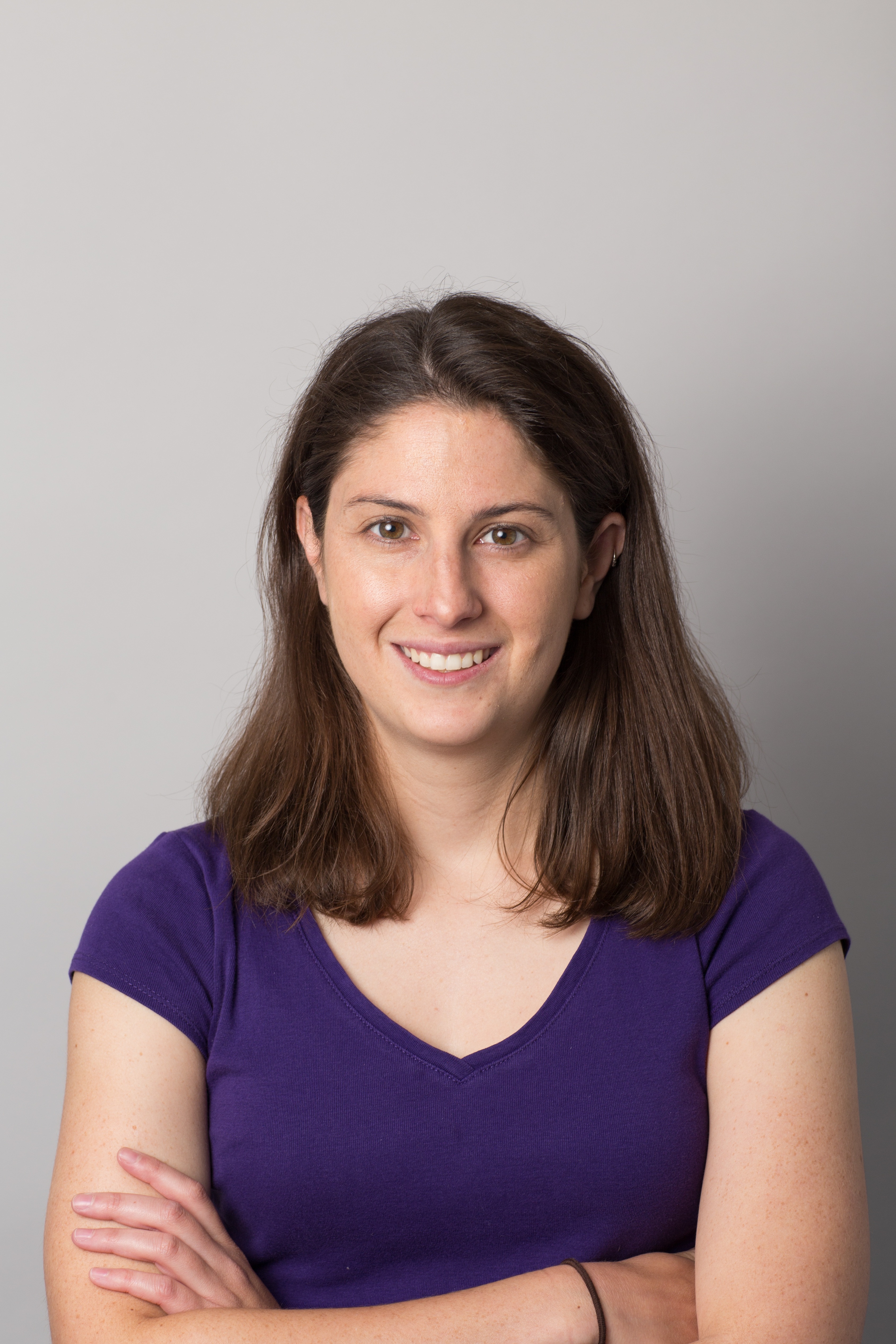Catherine Caruso is a freelance science journalist based in Boston, Massachusetts. Her work has appeared in Scientific American, MIT Technology Review and Hakai Magazine. She has a master’s degree in zoology from the University of New Hampshire and a master’s degree in science writing from the Massachusetts Institute of Technology.

Catherine Caruso
From this contributor
Diagnostic odyssey; breaking through; leading role
A doctor decodes a rare genetic condition, burnout is a big problem in science, and an actor with autism will play the lead in “The Curious Incident of the Dog in the Night-Time.”
Diagnostic odyssey; breaking through; leading role
Collaborative conference; drug danger; autism map
Autism researchers and advocates gather in San Francisco, nearly one-third of drugs approved in the United States are later linked to safety issues, and an interactive map lays out locations of U.S. autism clinics.
Collaborative conference; drug danger; autism map
Network television; facing forward; warm welcome
Researchers captured networks of neurons lighting up in a small aquatic animal, facial recognition software can flag genetic conditions, and a Muppet with autism makes her debut on “Sesame Street.”
Network television; facing forward; warm welcome
Funding free fall; mending mutations; film focus
Donald Trump’s budget blueprint calls for considerable cuts to science agencies, CRISPR corrects mutations in human embryos, and a documentary highlights the challenges faced by an adult with autism.
Funding free fall; mending mutations; film focus
Behavior boost; double data; common interests
Neuroscientists should not forget that brains have owners, a new genetic database makes its debut, and the intense interests of people with autism offer opportunities.
Behavior boost; double data; common interests
Explore more from The Transmitter
Proposed NIH budget cut threatens ‘massive destruction of American science’
A leaked draft of a Trump administration proposal includes an approximately 40 percent cut to the National Institutes of Health’s budget and a major reorganization of its 27 institutes and centers.

Proposed NIH budget cut threatens ‘massive destruction of American science’
A leaked draft of a Trump administration proposal includes an approximately 40 percent cut to the National Institutes of Health’s budget and a major reorganization of its 27 institutes and centers.
Too much or too little brain synchrony may underlie autism subtypes
Functional connectivity differences in autism mouse models point to two subtypes that correspond to patterns seen in some people with the condition.

Too much or too little brain synchrony may underlie autism subtypes
Functional connectivity differences in autism mouse models point to two subtypes that correspond to patterns seen in some people with the condition.
Smell studies often use unnaturally high odor concentrations, analysis reveals
It’s time to fashion olfactory neuroscience stimuli based on odor concentrations in the wild, say study investigators Elizabeth Hong and Matt Wachowiak.

Smell studies often use unnaturally high odor concentrations, analysis reveals
It’s time to fashion olfactory neuroscience stimuli based on odor concentrations in the wild, say study investigators Elizabeth Hong and Matt Wachowiak.